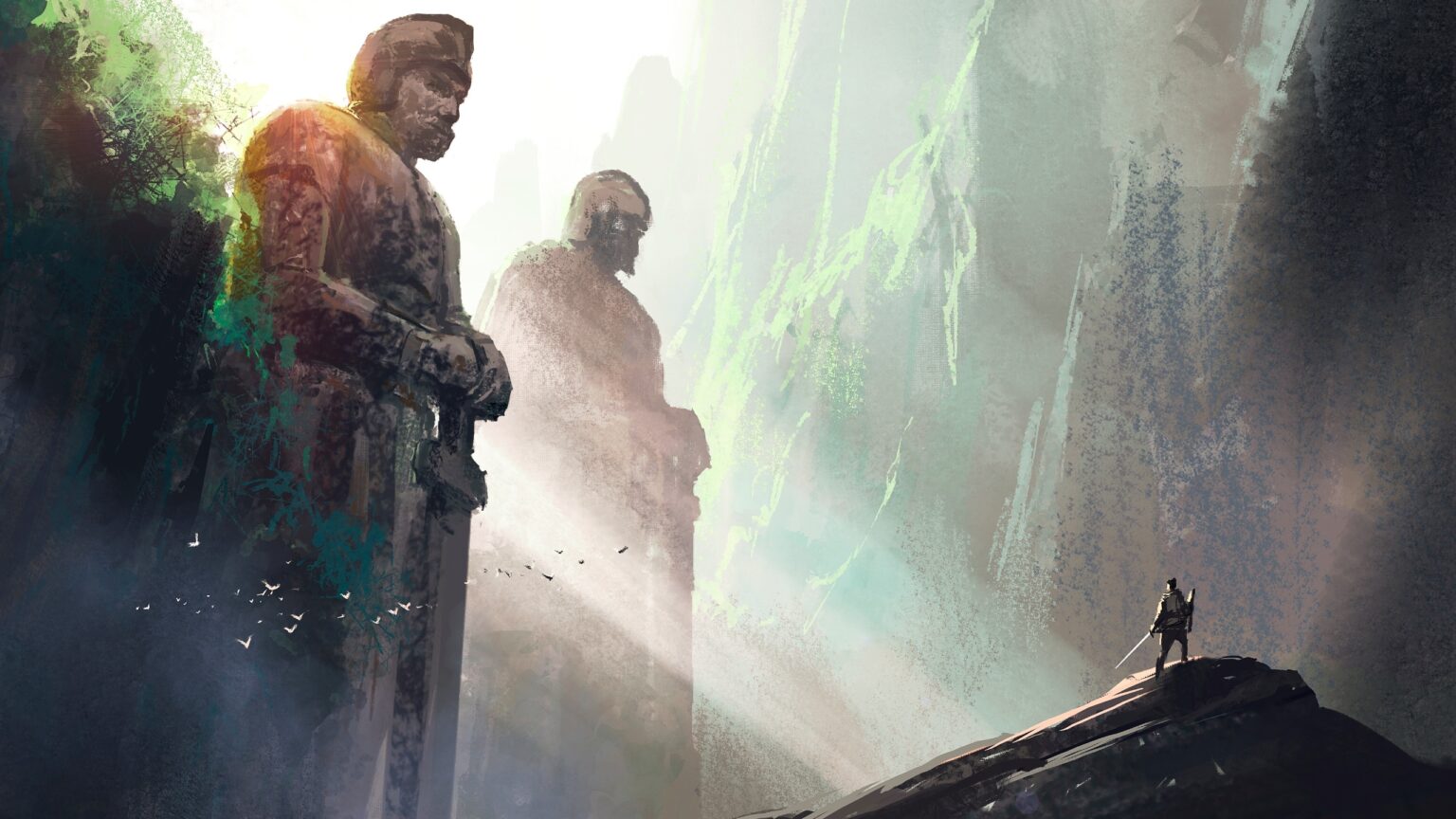The European Union (EU) is concerned that tech giants could act as gatekeepers to the metaverse, which it calls Web 4.0, stifling smaller players from entering the field and creating a virtual monopoly.
To prevent this eventuality Europe’s governing body is now investigating what steps can be taken to safeguard the metaverse from corporate-controlled entry barriers. It hopes that these efforts will ensure standardization and interoperability for the metaverse as the technology matures.
The dangers of a closed system
The EU is concerned that the metaverse may become a closed shop in the future, dominated and controlled by big tech players from overseas. The union fears that in such a scenario European small businesses and SMEs could be locked out with little recourse. The big five tech firms, Alphabet (Google), Amazon, Apple, Meta (Facebook), and Microsoft are all run from the US.
According to the EU, the early development of the metaverse is proceeding along very similar lines to the early internet. The EU argue that this early unregulated period of the internet was less open than the modern web. The EU wants to move beyond this as swiftly as possible.
“The first wave of the Internet developed mostly in an uncoordinated and unregulated manner leading to a more closed ecosystem with the prevalence of proprietary systems and gatekeepers,” said the EU in its consultation document.
“Although virtual worlds and the transition to Web 4.0 are still in the early stages, we are witnessing the dawn of a similar situation.”
In its consultation the EU states that the metaverse will be of vital importance not only to European business but to culture too.
Learning lessons
The EU hopes that through quick and decisive action at this point, the metaverse can avoid becoming as fragmented and difficult to navigate as the early web.
Last year the European Commission posted its thoughts on competition in the metaverse, unveiling its approach to the topic. The piece by Friedrich Wenzel Bulst & Sophie De Vinck, Directorate-General for Competition (DG COMP) at the European Commission was published by European-American Chamber of Commerce website.
“If one or more metaverse platforms essentially becomes a closed ecosystem, consumers would not be able to travel freely between different metaverse ‘worlds’,” said the article by Bulst & De Vinck.
“They would for example not be able to bring along virtual goods or services from one metaverse platform to another. This could – with consumers locked into a closed system – lead to the emergence of gatekeepers that control access to a metaverse and its users.”
In September of 2022 the EU passed the Digital Markets Act in an attempt to curb anticompetitive behavior from the big five tech firms. As the EU sees it, the metaverse is just another battle ground in the same war.
“These potential competition challenges are not new – many have already been observed in other digital markets and ecosystems,” added Bulst & De Vinck.
The metaverse consultation is now online as the EU seeks further input from stakeholders and interested parties.









 and then
and then